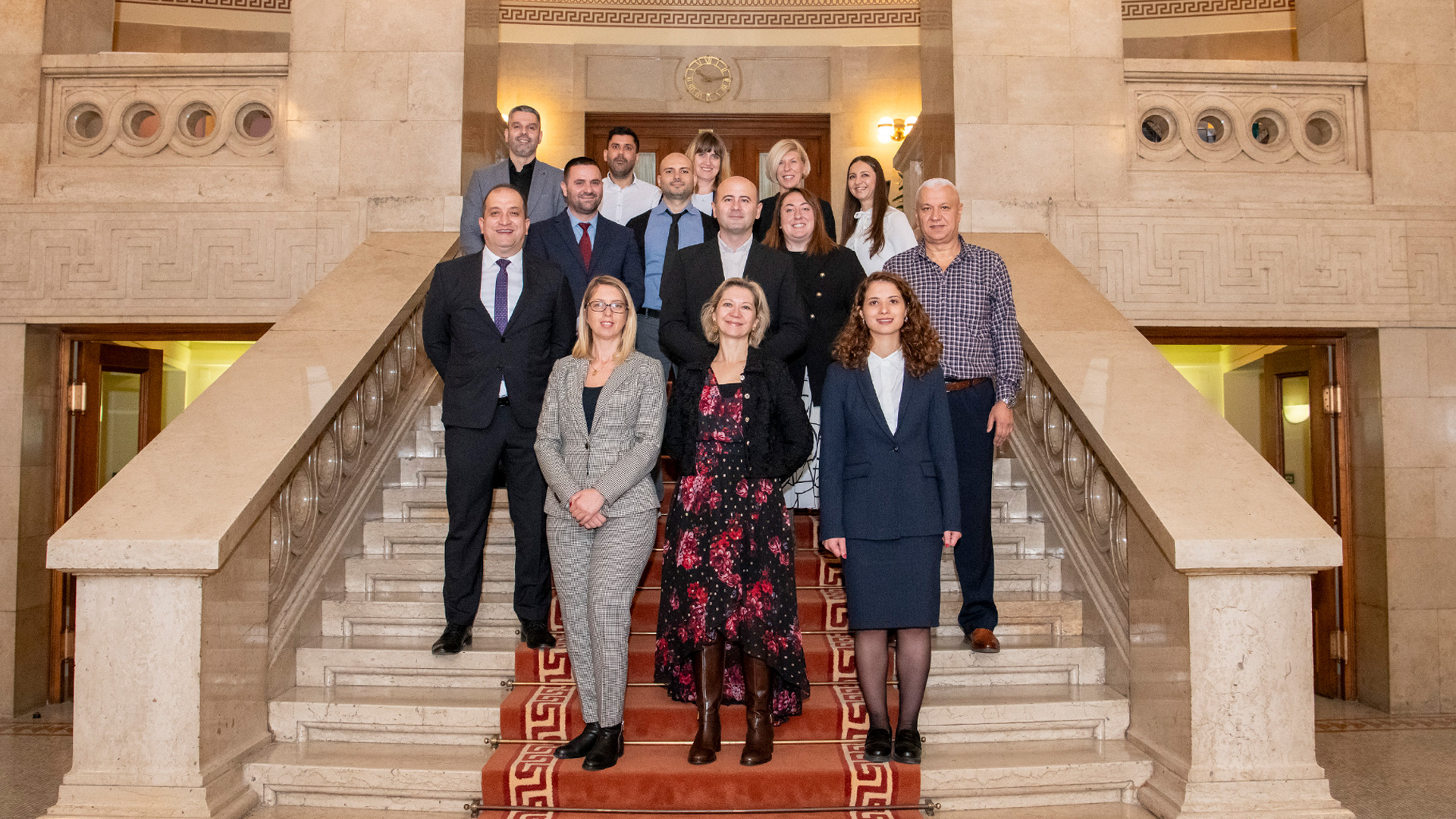
The Croatian National Bank, Currency Area, National Counterfeit, National Analysis and Coin National Analysis Centres have begun the implementation of the Alert – Euro counterfeit technical analysis training and enforcement of ALERT network in South-East Europe project under the EU Pericles IV programme.
The main objective of the Pericles IV programme is to prevent currency counterfeiting and related fraud and to preserve the integrity of euro banknotes and coins.
The project is designed as the exchange of knowledge and experience in the field of combatting counterfeiting and familiarisation with different operational methodologies with the objective of exchanging information and maintaining an efficient framework to protect the euro in South-East Europe. Project participants include specialists in the field of currency counterfeiting of the central bank of Albania, the central bank of Bosnia and Herzegovina, the central bank of Montenegro, the central bank of Greece and the Greek police, the central bank of Kosovo and the Kosovo Forensic Agency, the National Bank of the Republic of North Macedonia and the central bank of the Republic of Turkey.
The project is co-funded by the European Commission, which covers 90% of the total project costs.
The project is implemented in three stages. The kick-off meeting was held at the Croatian National Bank in Zagreb on 8 November 2024. In addition to Croatian specialists, the meeting was also attended by specialists from eight countries participating in the project. The second part of the project will be implemented in the form of three-day visits of the Croatian National Bank specialists to the eight project participating countries from February to June 2025.
The final project stage is planned as a two-day meeting in Istanbul in September 2025, at which the representatives of the participating countries will also be joined by the representatives of EU institutions (European Central Bank, European Commission and Europol).

Funded by the European Union. Views and opinions expressed are however those of the author(s) only and do not necessarily reflect those of the European Union or European Commission. Neither the European Union nor the granting authority can be held responsible for them.
